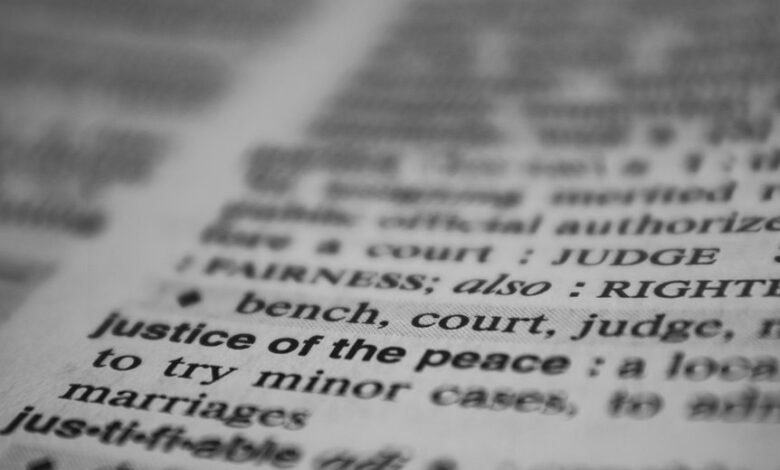Sucumbência: A Definição e Seu Papel nas Ações Judiciais

Liability in law signifies the obligation to accept responsibility for actions that cause harm or damage. It underpins the legal process by establishing accountability and clarifying responsibilities. Different forms of liability, such as civil and criminal, serve distinct functions within the justice system, influencing case outcomes and the pursuit of justice. Understanding how liability operates is essential for comprehending legal accountability and its implications within diverse legal contexts.
Understanding the Concept of Liability in Law
Liability in law refers to the legal obligation imposed on an individual or entity to accept responsibility for their actions, particularly when such actions result in harm or damage to others.
Understanding liability involves analyzing defense strategies and liability limitations, which define the scope of responsibility and potential defenses, thereby shaping legal accountability and safeguarding individual freedoms within the framework of justice.
Different Types of Liability and Their Applications
Various forms of liability exist within the legal system, each serving distinct functions and applicable contexts. Vinculação civil pertains to obligations arising from contractual or extracontractual acts.
While responsabilidade penal addresses criminal accountability. Recognizing these distinctions clarifies legal responsibilities, ensuring appropriate application of justice, and safeguarding individual freedoms through precise liability delineation.
The Impact of Liability on Legal Proceedings and Outcomes
The presence and determination of liability significantly influence the trajectory and resolution of legal proceedings, often shaping both procedural strategies and substantive outcomes.
Liability determination directly affects negligence consequences, dictating fault attribution and compensation scope. Accurate assessment of liability is essential for fair judgments, ensuring that legal processes uphold justice and minimize unwarranted penalties or exonerations.
Conclusion
Liability acts as the compass guiding justice through the complex terrain of legal responsibility. Like a finely tuned instrument, it delineates fault and accountability, shaping legal outcomes with precision. Its role ensures that the scales of justice remain balanced, preventing chaos and fostering societal trust. Ultimately, liability serves as the steady heartbeat of legal proceedings, harmonizing individual rights with societal needs in an intricate dance of accountability and fairness.





